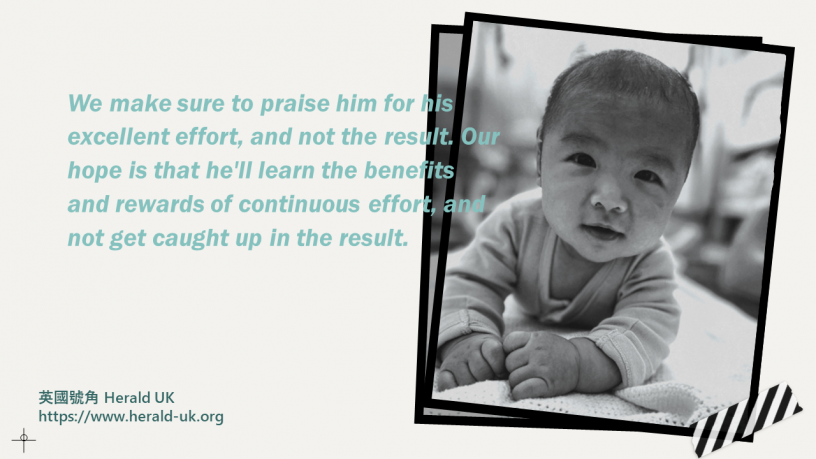Andy Lee
I’m a recovering perfectionist. Perfectionism can drive a lot of great things and great achievements -as it has done for me. It’s helped me produce amazing pieces of work, create attractive offers for my clients and submit high-quality projects.
When pushed too far though, the strive to be perfect and do perfect work can and will completely paralyse you, stopping you dead in your tracks. The desire to be perfect can turn into an obligation and then the fear of failure pounces. And it’s this fear that can start off small but quickly snowballs in your mind into feelings of hopelessness.
So what consequences do you end up facing as a result of perfectionism? Well for me, it would be days, weeks and sometimes months of work put into ideas that never end up seeing the light of day. The article that was never good enough to be published. The inspirational video I recorded that never got uploaded to the internet. The new business offer that I never actually offered to anyone.
It doesn’t just start and end with work though. It seeps into other areas of our lives. We think we’re so far away from a perfect healthy state that we don’t get started. We’re not in good enough shape to run a good time (whatever that means) in a 10k race so we don’t bother signing up. We say no to sharing our story from the front, even though it could encourage many, because we’re so far away from being a perfect public speaker.
The pursuit of perfection is an endless and restless struggle. It leads to extreme procrastination, to the point where we convince ourselves that not doing the THING at all is way better than not doing a good job at doing the THING. It also creates a toxic dialogue in our heads. We become massively self-critical and this alone is not good for our mental and emotional well-being.
So what does all this mean for how we approach anything in life? Do we put in less effort and submit stuff that’s not perfect? No and yes. No, we do not put in less effort. But yes, we submit stuff that isn’t perfect.
Let’s start at the other end of the spectrum – mediocrity. Something that is mediocre is something that’s not good. It’s average at best. Now, if you’ve never spoken in public before, could your first gig actually be pretty mediocre? Yes it can, and chances are it will be. I mean, you’ve never done it before! Nobody hits a home run right out of the gate! But if you keep having a go at it, you will get better. You have to realise that you have to start somewhere, and where you start is at the beginning.
You will NEVER get better at something you never attempt, so if in your chase after perfection, you don’t even have a go, you stay exactly where you are, making zero progress. How’s that for a rubbish strategy?
The best thing you can do, if you’re someone with ambition, is to strive for excellence and not perfection. Release yourself from your negative inner voice that keeps saying “This isn’t good enough”, and “You’re not good enough”, and replace it with “I’m taking steps towards excellence” instead.
This doesn’t always mean an excellent result, and it won’t be until you’ve become good at what you do, but always put in excellent effort with an excellent attitude. This works if you remind yourself that being bad at something is on the way to being good, which is on the way to being excellent.
My 4-month baby boy has just about learned to sit unaided. At his first attempt, he just fell over sideways, unable to get back up without help. A pretty rubbish result. Just a few days later, with a couple of goes a day, he can now sit for about two minutes before losing balance and again ending up sideways and stuck. We make sure to praise him for his excellent effort, and not the result. We’re consciously raising Jaxon to pay more attention in the trying than the result. Our hope is that he’ll learn the benefits and rewards of continuous effort, and not get caught up in the result.
If we put energy and focus into our efforts and not the end result, the end result will eventually take care of itself.











